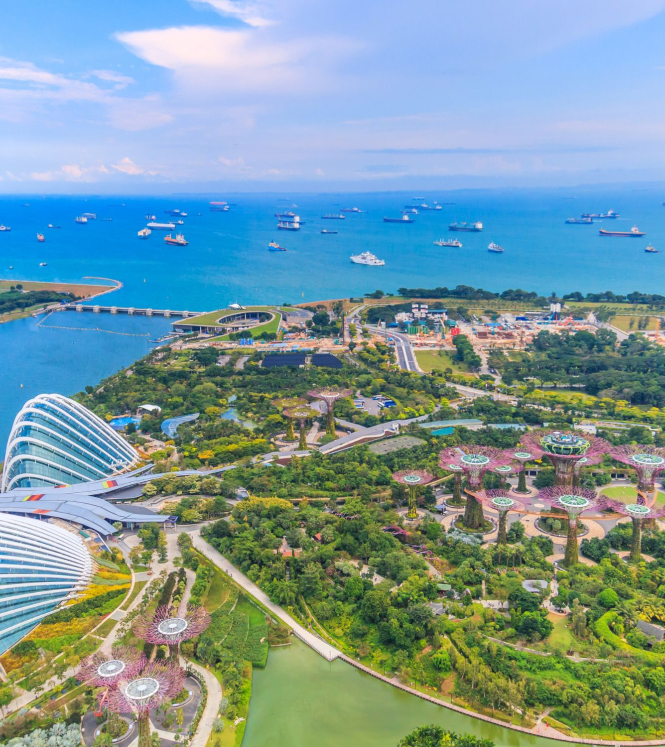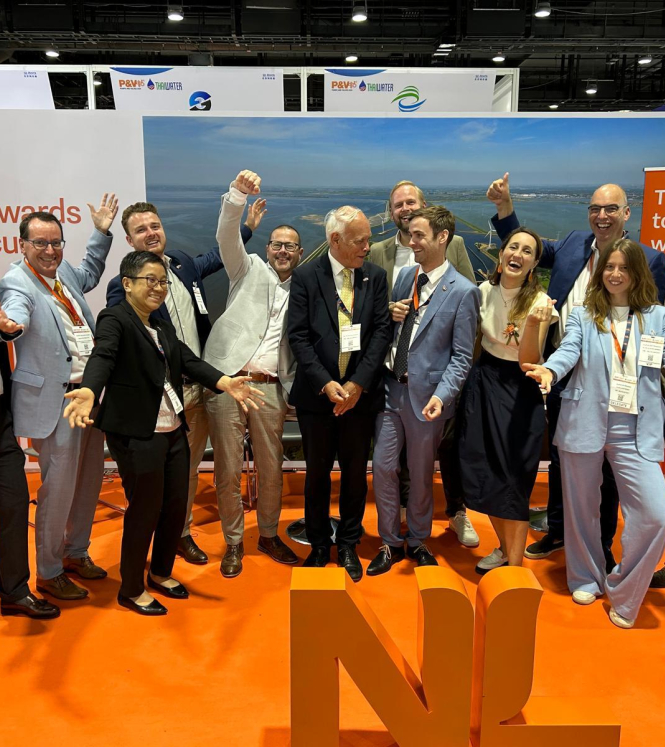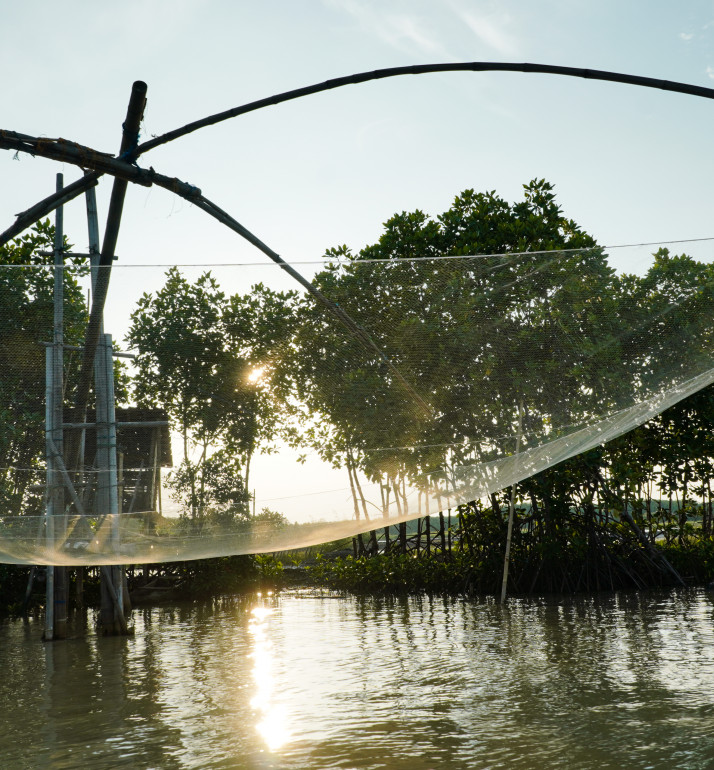
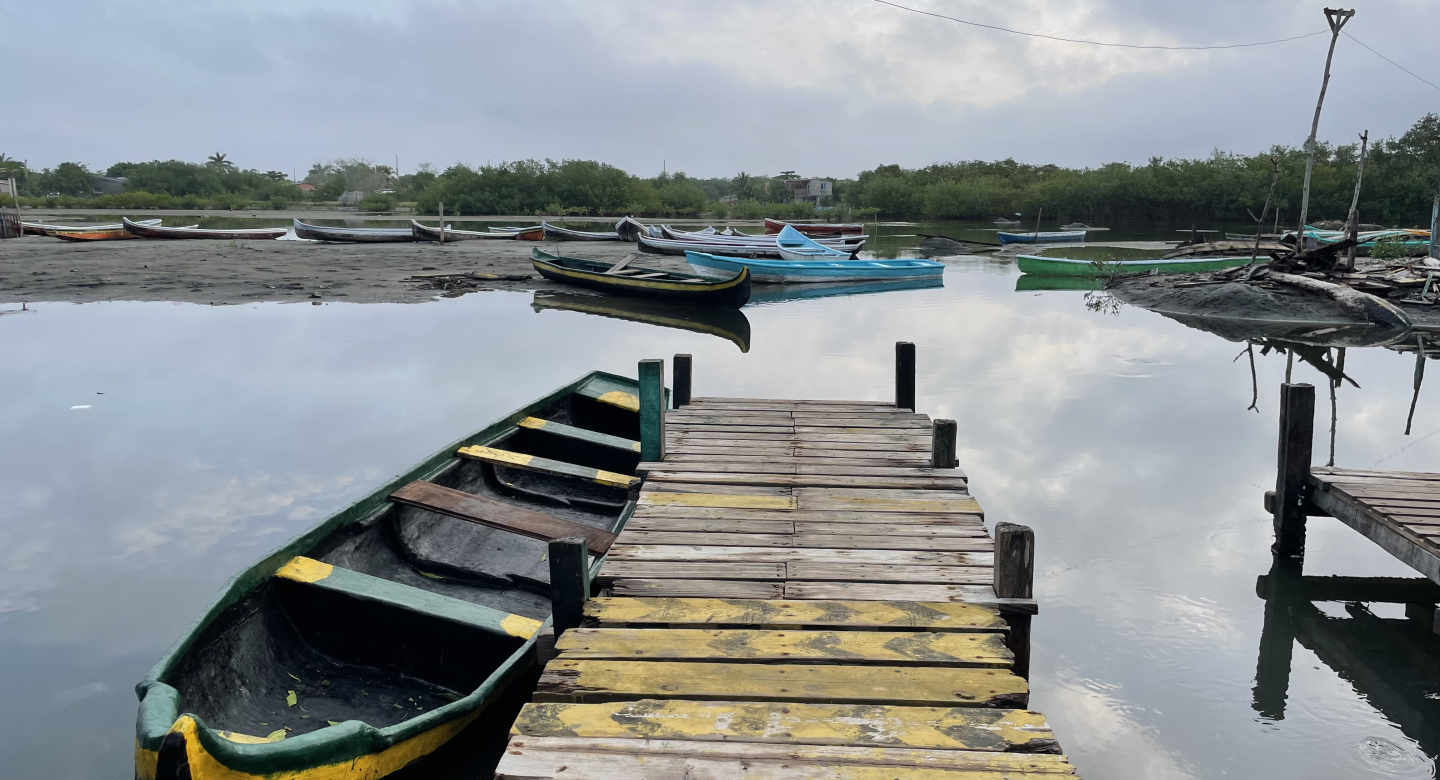
Successful Dutch-Colombian collaboration in water management: what’s next?
In June 2024, the 67th ACODAL Water, Waste, and Energy Congress & Exhibition was held in Cartagena, the city that has been the focal point of Dutch-Colombian water cooperation. At this event the Netherlands Pavilion was hosted by the Netherlands Water Partnership (NWP) and the Holland House Colombia. Jan Willem van Bokhoven, director of Holland House Colombia, gives his perspective on the fifty-year-long partnership between the two countries committed to addressing environmental challenges.
A receptive market for European expertise
Colombia, with its limited industrial base for advanced technologies, presents a unique opportunity for European companies to showcase their expertise. However, it's important to note that the market is not without its challenges. While the market was traditionally dominated by the United States, European companies are now finding a more receptive environment. Last year, Dutch expertise was highlighted in capacity building, water management, and sustainable water purification. The focus has now shifted to the Water as Leverage programme and coastal protection, particularly in the context of climate change, rapid urbanisation, and environmental degradation.

Jan Willem van Bokhoven, director of Holland House Colombia
Success stories and economic growth
Van Bokhoven has been instrumental in the success of Dutch entrepreneurs in Colombia, a country that has captivated him with its beauty and potential. The number of companies with branches in Colombia has skyrocketed from 35 to 300 over the past seven years. Over 800 Dutch entrepreneurs have seized the opportunity to export to Colombia, the third-largest economy in Latin America, during that same period. Since the inception of Holland House ten years ago, Van Bokhoven has been enamored with the Latin American country, describing it as 'a beautiful country with beautiful people and also a typical emerging market.’ The financial crisis and subsequent budget cuts prompted Dutch entrepreneurs to explore growth opportunities beyond Europe. Bokhoven's mission was to support existing businesses and guide entrepreneurs in venturing into new markets like Colombia. Today, the Holland House community boasts nearly 400 member companies.
Colombia's agricultural potential
Colombia, with its 26 million hectares of agricultural land, offers a lot of potential as a major global food producer. The country's agricultural sector has shown remarkable resilience, with only 6 million hectares currently in use, indicating a vast growth potential. The peace process further supports this growth, gradually making more land accessible. 'We do a lot with agro-logistics and water use in the agricultural sector. Despite the challenges posed by the El Niño and La Niña weather phenomena, which bring extreme drought periods and heavy rainfall, we have managed to maintain our agricultural output. Both drought and excessive rain require the efficient use of water,' says Van Bokhoven, continuing: ‘Even in traditionally abundant water regions, the drought leading to historic reservoir-level lows demanded immediate action. In Bogotá, a major city with millions of residents, authorities have implemented a one-day water outage every ten days.’

Photo credits: Wolt Bodewes
Importance of effective water management
In Colombia, effective water management is becoming increasingly critical across all sectors, highlighted by the ongoing drought and heightened sense of urgency. This issue was also vital at the ACODAL Congress. This year marked the largest delegation of Dutch companies ever, with familiar names like Nijhuis and Paques reflecting a growing interest in the Colombian market, Van Bokhoven points out. Dutch companies operate in Colombia via the Blue Deal InspirAgua initiative. This is a holistic approach to problem-solving that integrates public, private, academic, and community sectors. Twenty-one water boards work together with the Dutch ministries of Foreign Affairs and Infrastructure and Water Management. The goal, with a global impact in mind, is to give 20 million people worldwide access to sufficient, clean, safe water.
Focus on filtration technology
A significant focus is on filtration technology, essential for transforming wastewater and various water sources into potable water. This technology is also crucial for treating groundwater and mountain water to ensure safe water supply. The Dutch delegation’s mix of expertise and cutting-edge technology aims to address Colombia’s pressing water management needs effectively.
The expanding group of participants includes firms specialising in water use for agriculture and decentralised water supply systems for rural and remote areas, such as the Amazon. These companies bring advanced technologies for water purification and drinking water provision and try to find solutions for Colombia’s vast and diverse geography. ‘Trade and development are not two opposites in this country,’ says Van Bokhoven, ‘they reinforce each other.’
Integrating water, energy, and waste solutions
Additionally, Van Bokhoven is witnessing a notable trend of integrating water management with energy and waste solutions, a trend that is being effectively addressed by leveraging Dutch expertise to create comprehensive and sustainable approaches. The collaboration at ACODAL underscored the urgency of innovative, cross-sector solutions to Colombia’s water challenges. As Van Bokhoven reassures, ‘significant strides are being made by providing comprehensive, turnkey water management solutions. Bluecon, for instance, offers complete plug-and-play systems tailored for small municipalities, covering everything from filtration technology to infrastructure. Similarly, LIC provides fully integrated water technology solutions.’
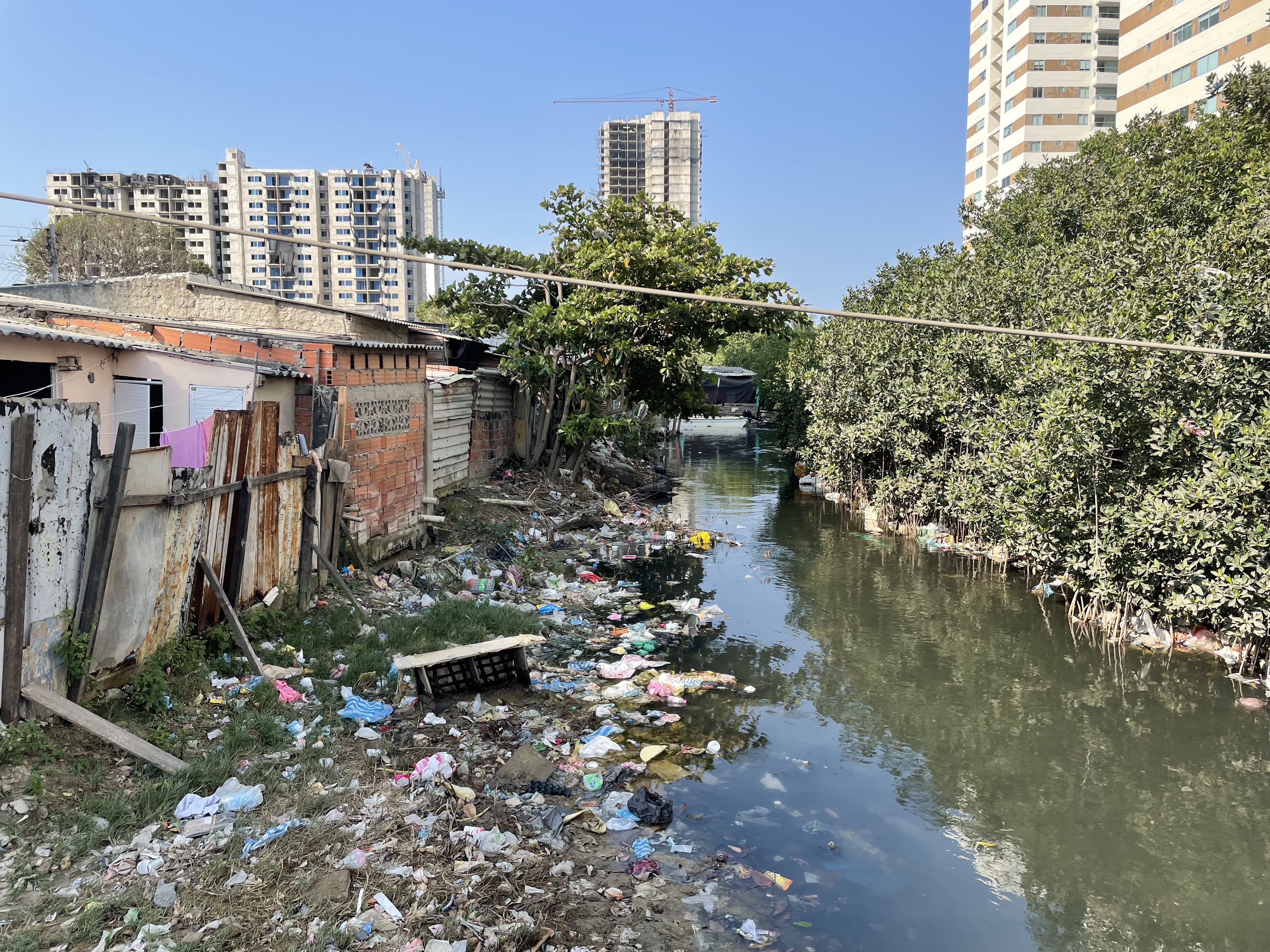
Photo credits: Wolt Bodewes
Beyond turnkey projects: Dutch expertise in larger systems
However, the Dutch role in Colombia extends beyond turnkey projects. Dutch expertise and technology, crucial for the effective functioning of larger systems, are often integrated into these systems managed by other international firms. While Colombia has solid educational institutions, the country lacks a robust industrial base, making it unlikely for advanced technologies like pumps or nanofilters to be manufactured locally. Instead, local installation work remains prevalent, ensuring the efficient operation of these systems.
While Dutch firms contribute significantly to Colombia’s water sector and create job opportunities, most high-tech production remains abroad. 'The mutual benefit is clear,' as Van Bokhoven emphasizes: 'Colombia gains access to advanced water technologies, and Dutch companies find a receptive market for their solutions, a testament to the valuable contribution of these firms.'
Collaboration and more info
ACODAL Water, Waste and Energy Congress & Exhibition will return in 2025.
If you are considering business in Colombia, please get in touch with Netherlands Enterprise Agency (RVO). They can provide various support and put you in contact with the Dutch embassy in Bogota.
Source: Partners for Water
Photo credits cover image: Wolt Bodewes

